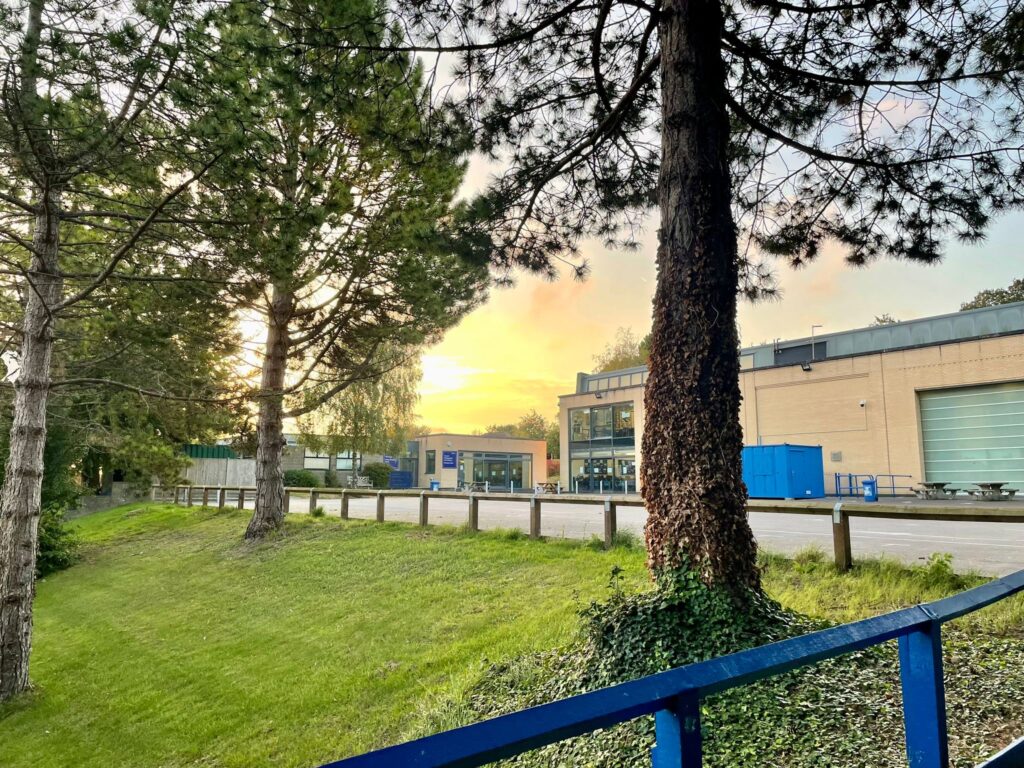The Henry Beaufort School is at an exciting stage in its development.
Our students are ‘happy and proud of their achievements’ [Ofsted 2023].
We have a five-year curriculum model, and our options process begins in Year 8. We believe that this will give all of our young people the opportunity to secure the best possible outcomes, academically and in terms of their personal growth. Cultural capital opportunities throughout the five year model will be integral to this success and this will ensure that we continue to offer a broad and balanced curriculum throughout these five years.
There is something for everyone! A common worry for students is making new friends but this is easy at Henry Beaufort as there are many opportunities to find friends with activities at the start of Year 7 tailored for just that.
H, Year 8The vertical tutoring system that is used is very effective in creating bonds between the years and also meant that I had older students that I knew and could go to if I was lost or I needed help with something.
E, Year 8Going form Primary School can be daunting, but trust me, it’s not as scary as you think. There are so many clubs to keep you busy, with sports like football, rounders, tennis, badminton and cricket. Try something new, Henry Beaufort can open many doors for you. As long as you believe, you can achieve.
A, Year 8I remember being really excited about going to Henry Beaufort. Whilst I really loved my years at Kings Worthy Primary School I was eager to make the change. Henry Beaufort did not disappoint! I still enjoy every lesson and the teachers are friendly, make their subjects fun and know how to get the best out of us.
P, Year 8I chose Henry Beaufort partly because of my sister but also because I found it easy to get around and liked the spaced out campus. I was the only person from my primary school to go to Henry Beaufort. Even though I didn’t know anyone I found it easy to make friends on events like the Year 7 and 10 day.
I, Year 8When I started at Henry Beaufort I found it reasonably easy to settle in as I knew that most of my friends from primary school were there too and even if I wasn’t with them, everyone was nice and wanted to make friends too. I went to after school clubs that I was interested in and hoped to meet people who shared the same interests as me.
M, Year 8I am currently coming to the end of Year 8, so because I have been at secondary school for almost two years, I am very used to Henry Beaufort life. If you ever have any worries or concerns while you’re at school, all the teachers are there to help, and you can go and see anybody about any problems and they’ll provide you with a solution.
T, Year 8Want to find out more?
Get in touch with the school with
any query you may have
Get in touch



